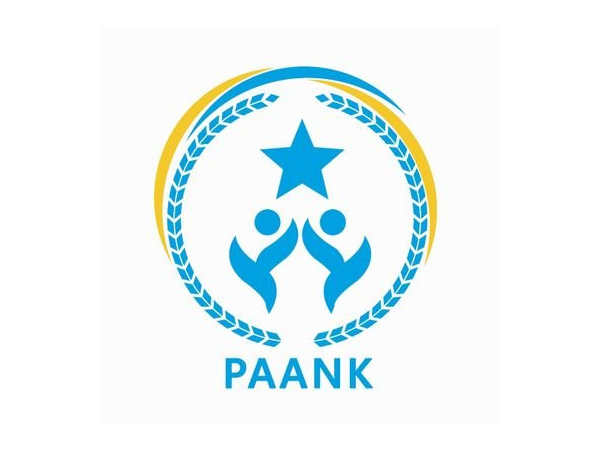Geneva [Switzerland], May 4 (ANI): The Human Rights Department of the Baloch National Movement, Paank, has expressed grave concern over disturbing reports from Quetta, where over 45 mutilated and tortured bodies have reportedly been brought to the Quetta Civil Hospital morgue in recent weeks.
Taking to the social media platform X, it stated, “Paank expresses grave concern over the alarming reports emerging from Quetta, Balochistan, where over 45 severely mutilated and tortured bodies have reportedly been brought to the morgue of Quetta Civil Hospital. According to our verified sources, five bodies were received just recently, adding to an already overburdened facility where decomposing corpses are being stacked atop one another, creating an unbearable and hazardous environment.”
According to Paank, these are not isolated incidents but part of a larger pattern of suspected fake encounters by Pakistani security forces. Paank stated, “Over the past month, more than two dozen individuals have reportedly been killed in suspected fake encounters carried out by Pakistani security forces. Among these victims, approximately a dozen have been identified and laid to rest by their families, while the rest remain unclaimed, unidentified, and denied dignity in death.”
Paank emphasised that the current situation constitutes not only a public health emergency but also a grave human rights crisis. The presence of mutilated, unidentified bodies raises serious and urgent concerns regarding allegations of torture, extrajudicial killings, and enforced disappearances, all of which are severe violations of international human rights law.
In response to this alarming situation, Paank has issued a strong call to action, urging the Government of Pakistan and relevant international human rights bodies to act immediately.
Paank demanded that the Government of Pakistan and relevant international human rights institutions take immediate steps to address the crisis. These include conducting transparent and independent forensic investigations to determine the cause of death for each recovered body; publicly identifying the deceased wherever possible and ensuring their timely and respectful return to their families; holding all those responsible accountable, particularly in cases involving custodial deaths or extrajudicial executions; and granting international human rights observers access to the affected areas to independently monitor and assess the situation. (ANI)
Disclaimer: This story is auto-generated from a syndicated feed of ANI; only the image & headline may have been reworked by News Services Division of World News Network Inc Ltd and Palghar News and Pune News and World News
HINDI, MARATHI, GUJARATI, TAMIL, TELUGU, BENGALI, KANNADA, ORIYA, PUNJABI, URDU, MALAYALAM
For more details and packages














